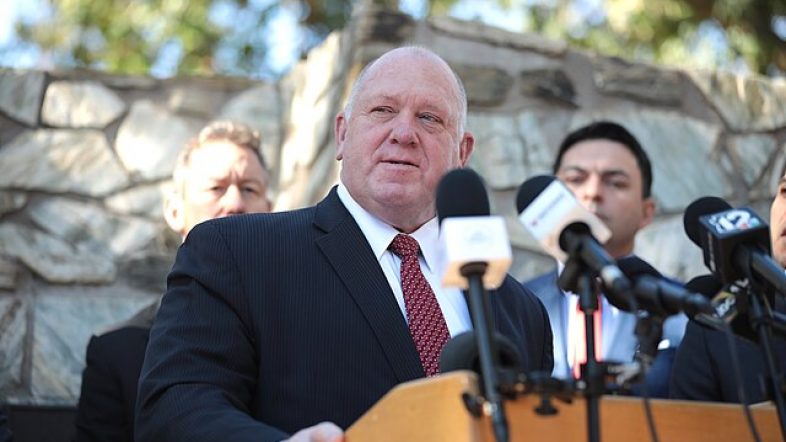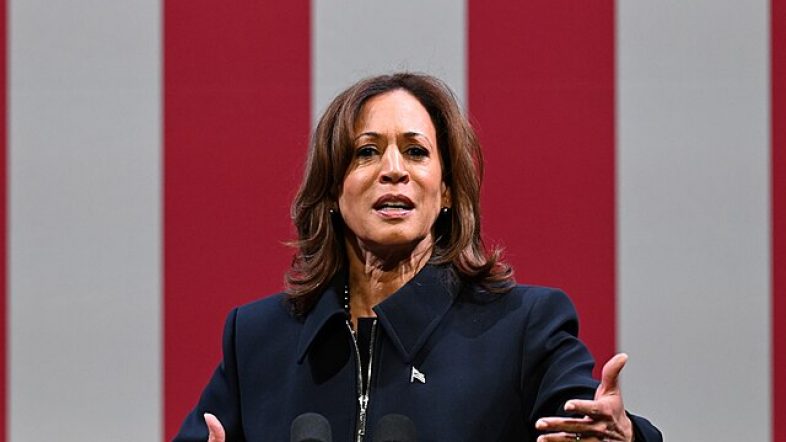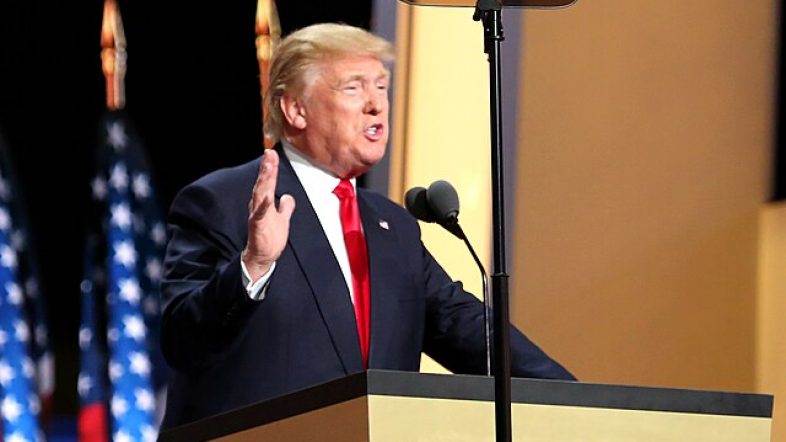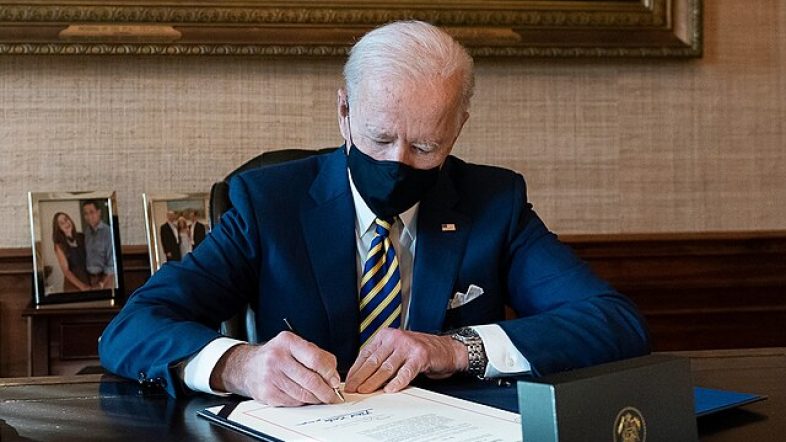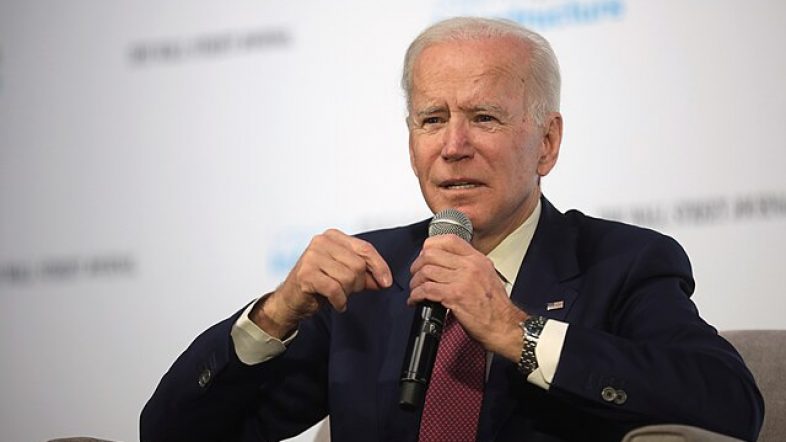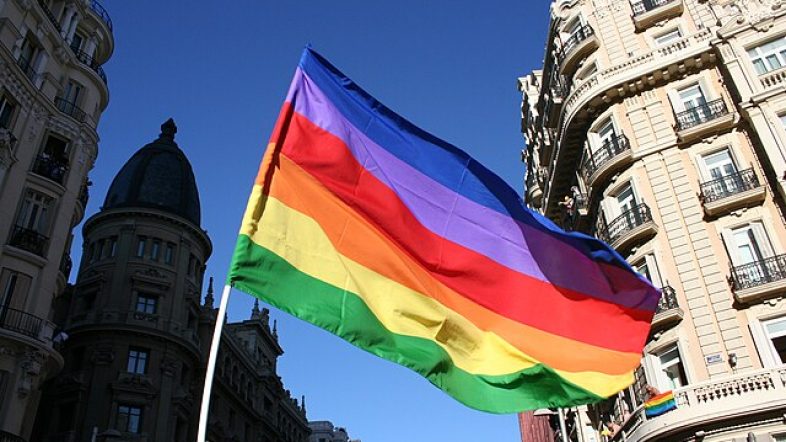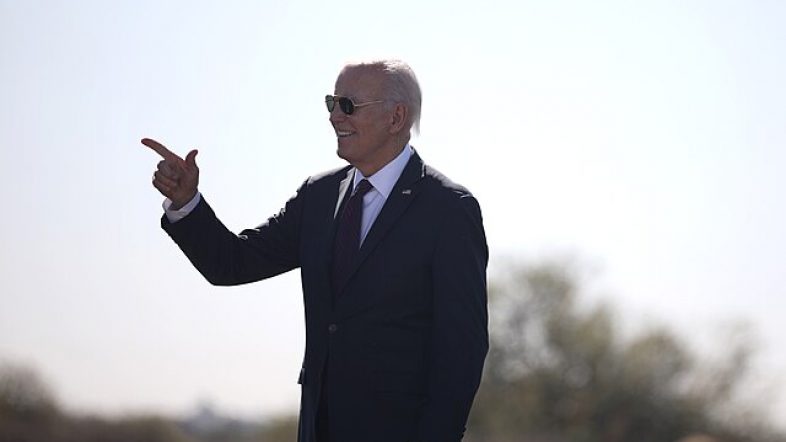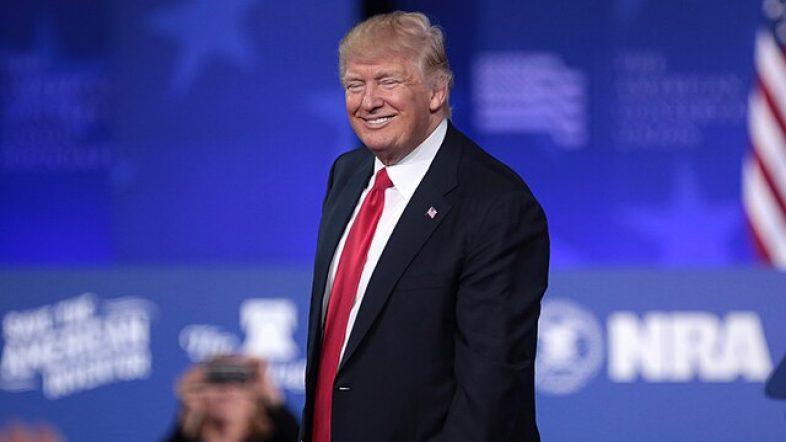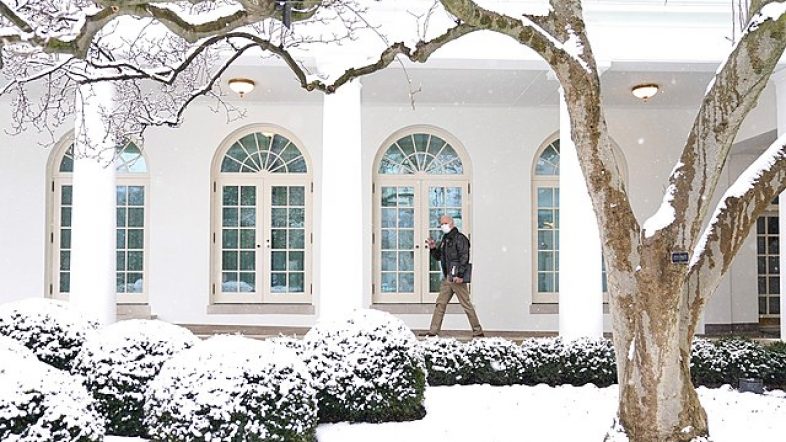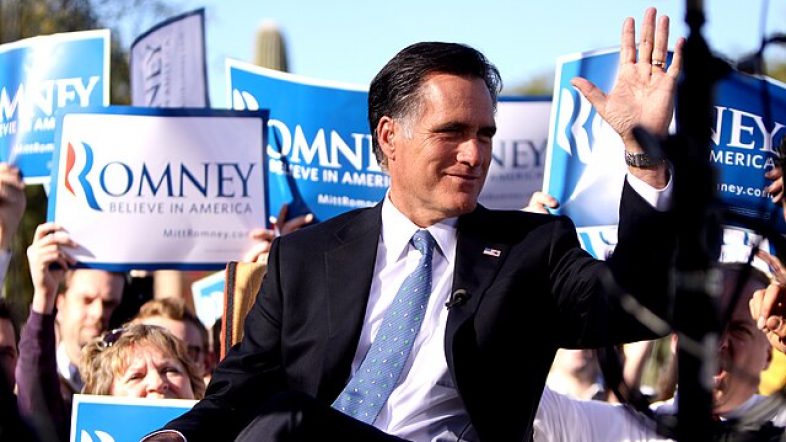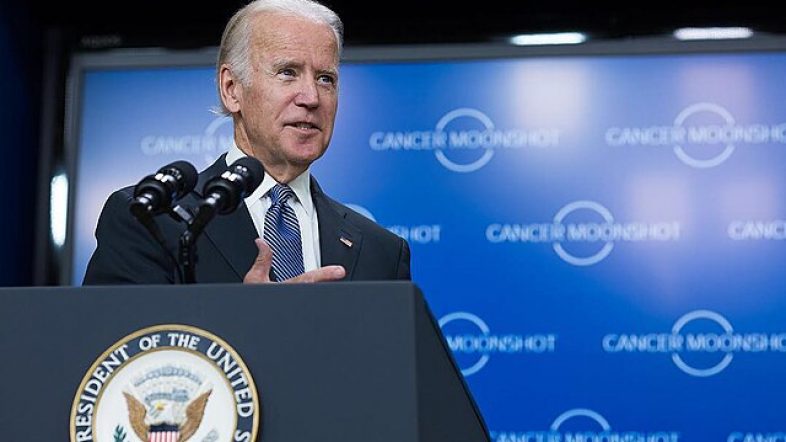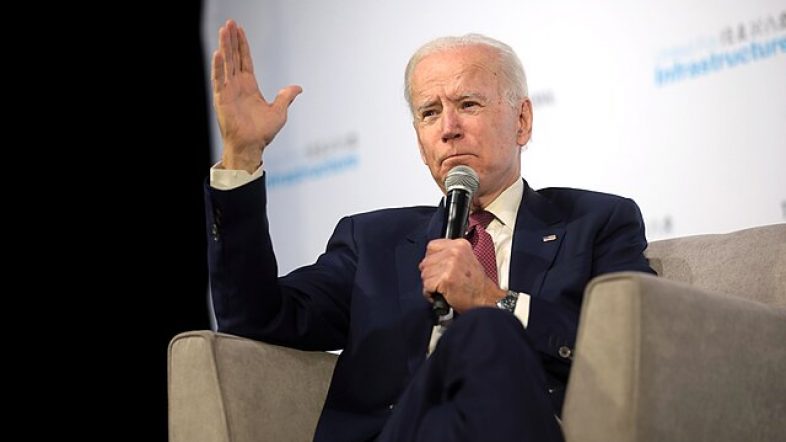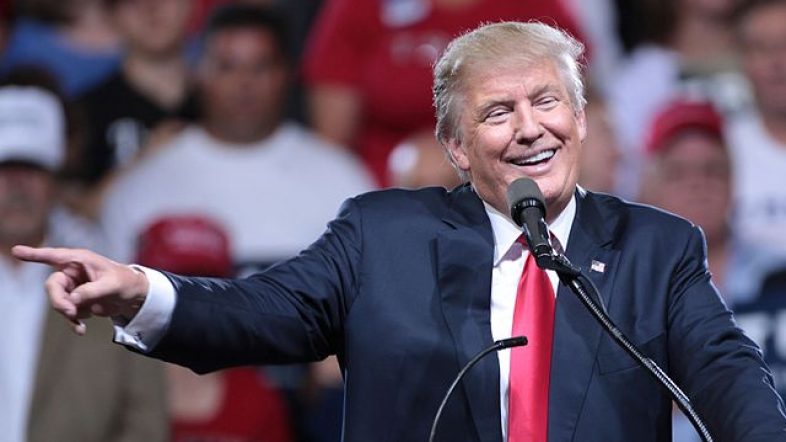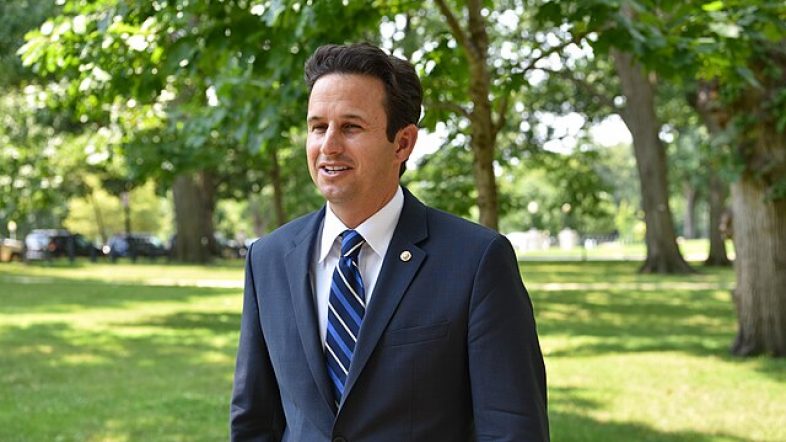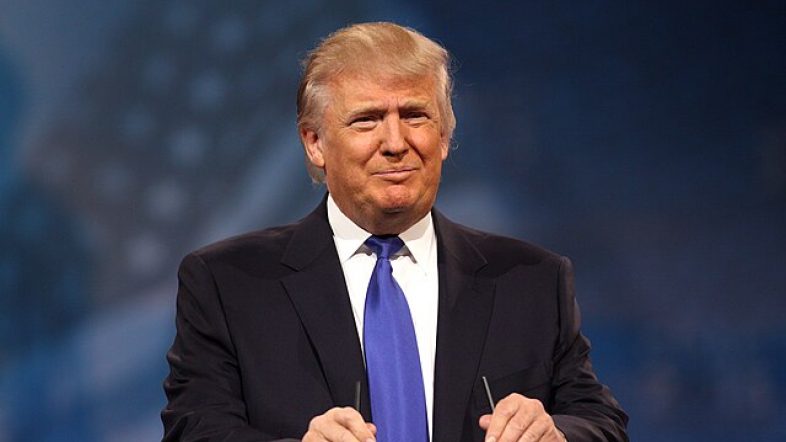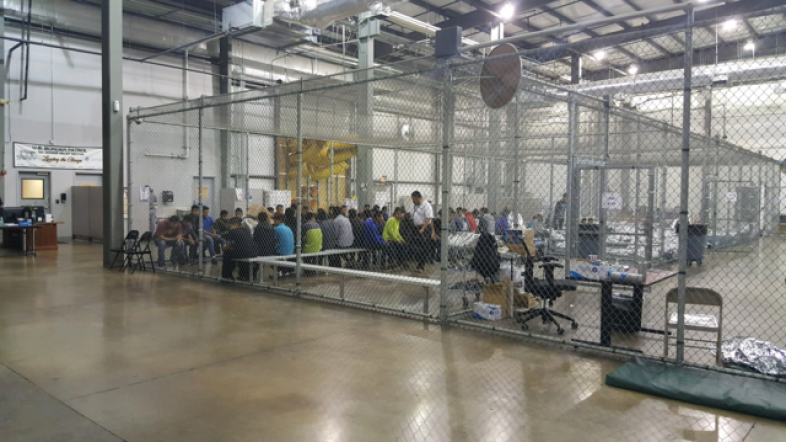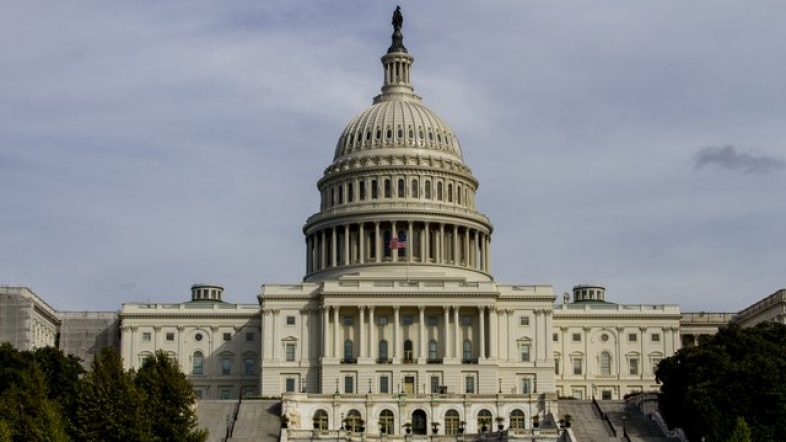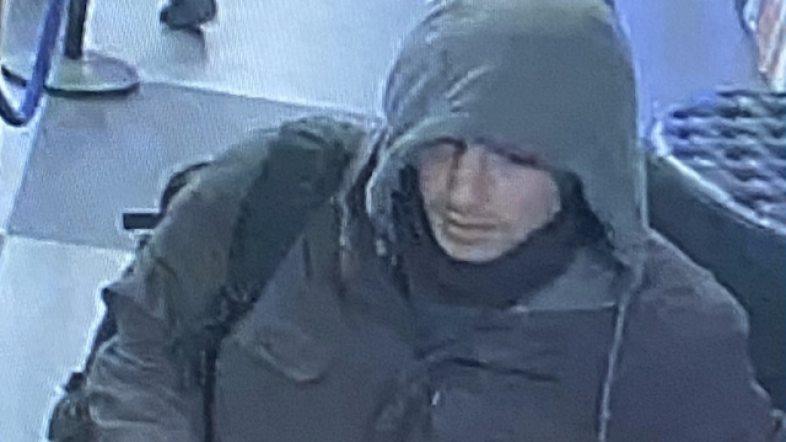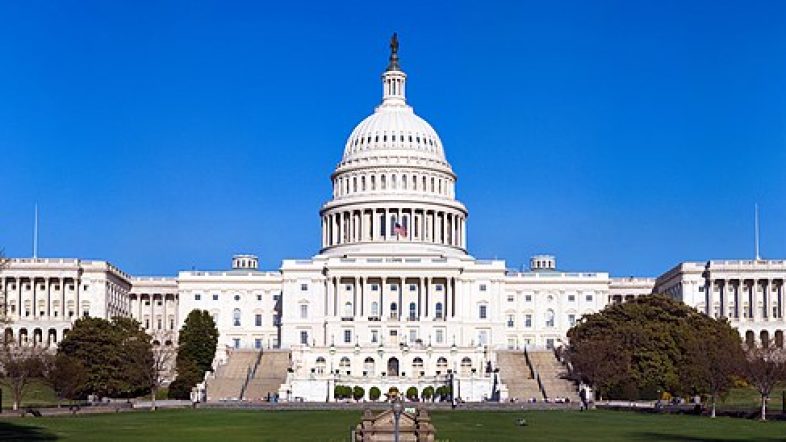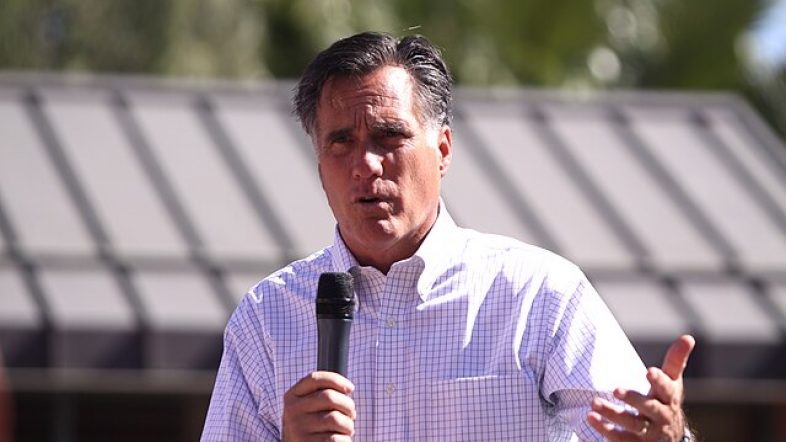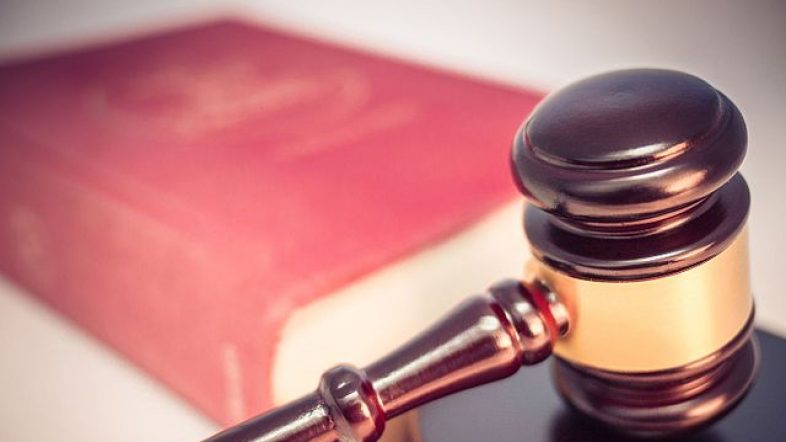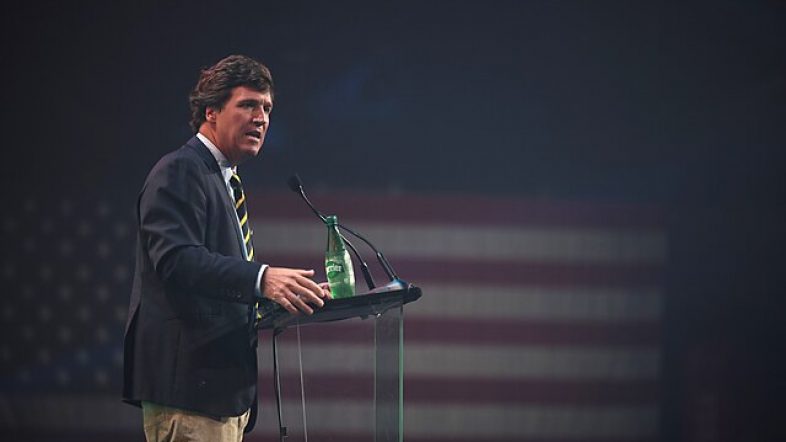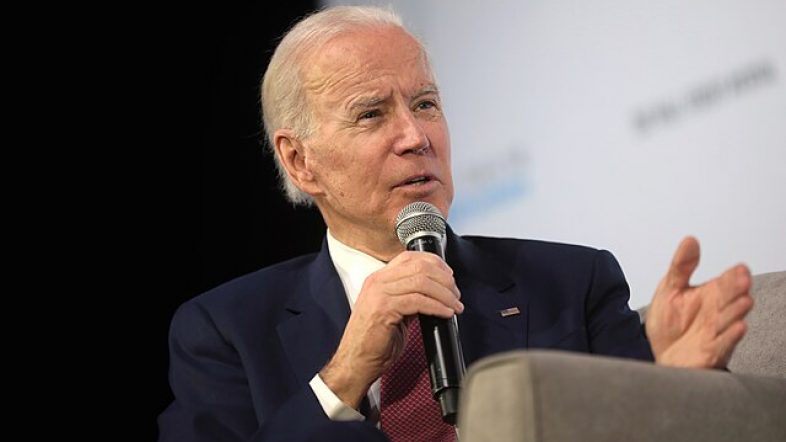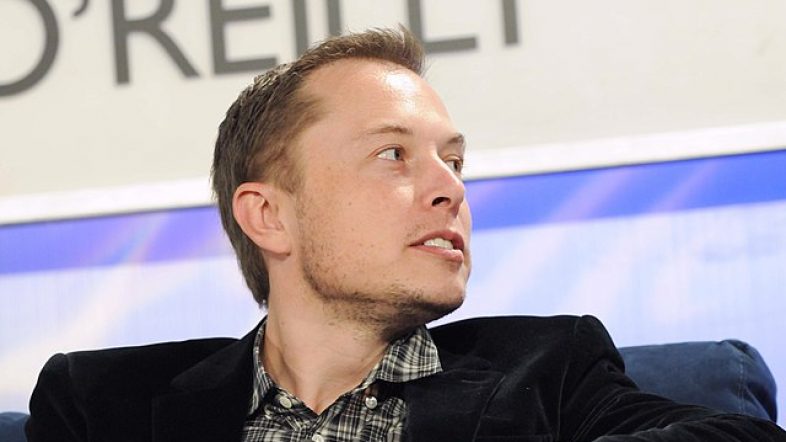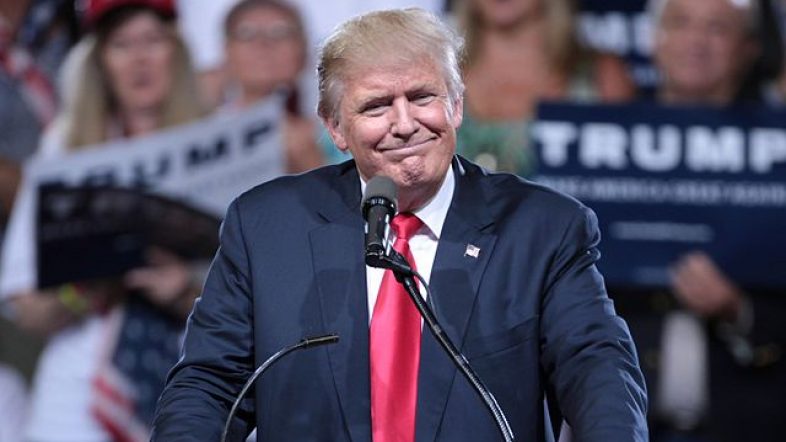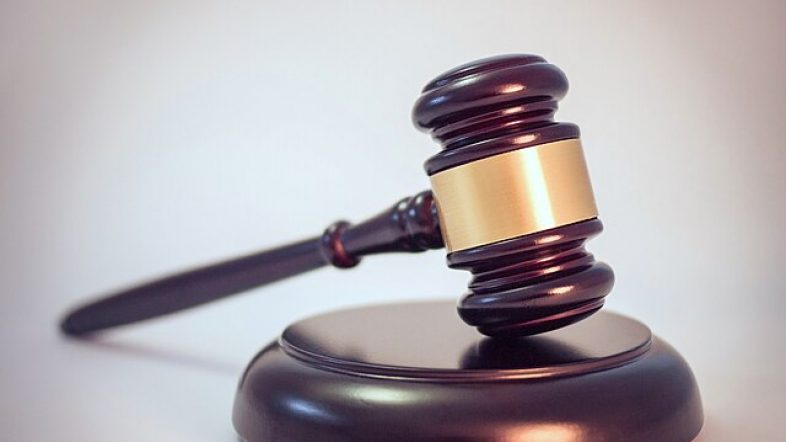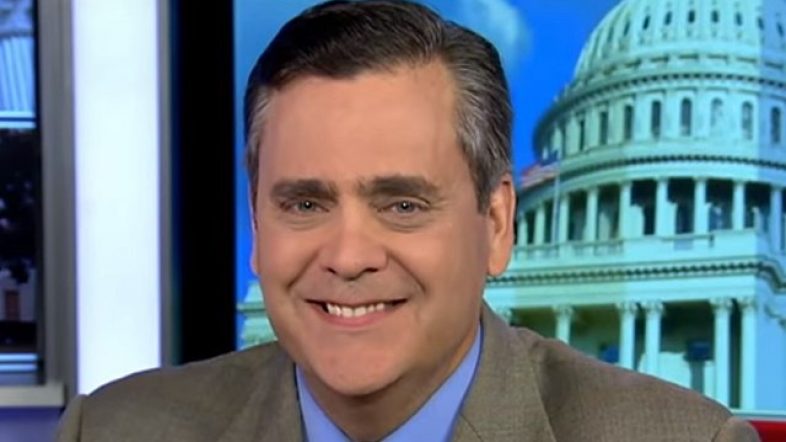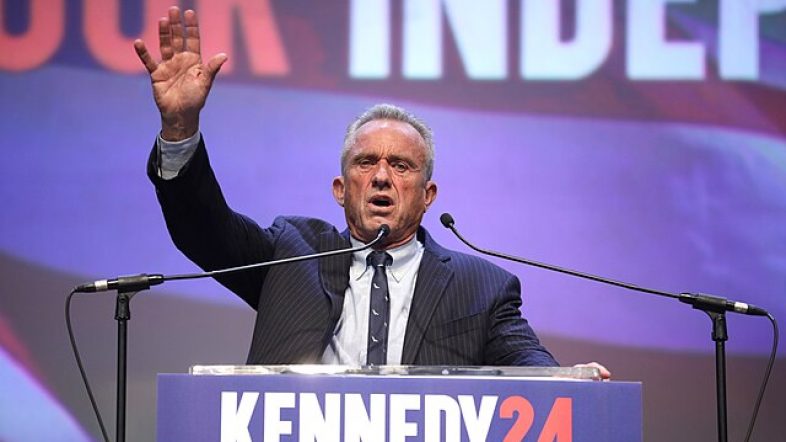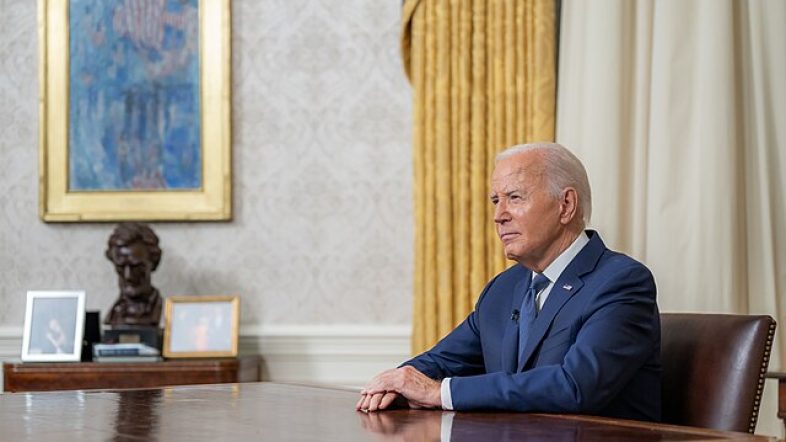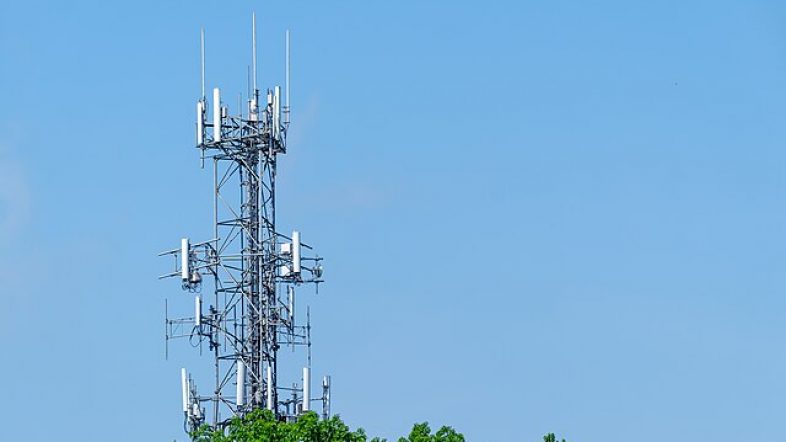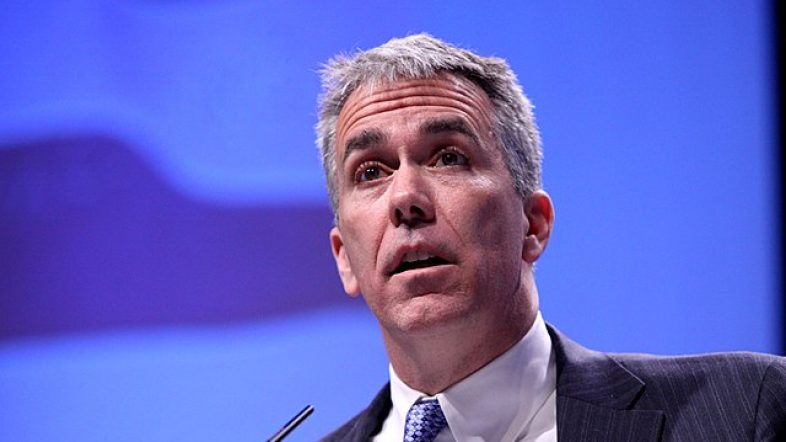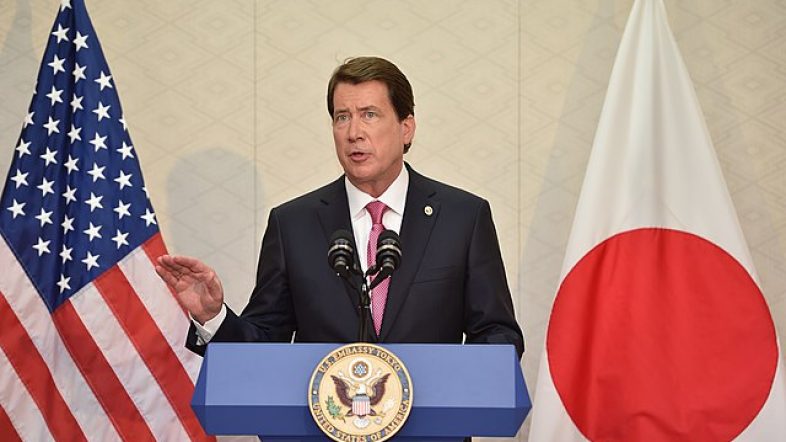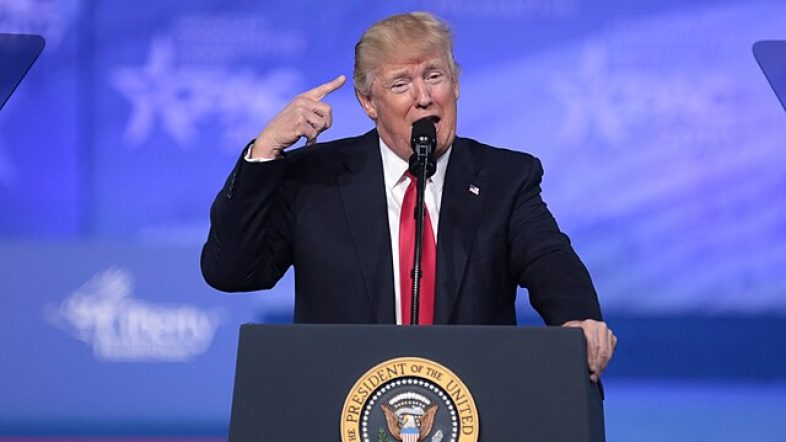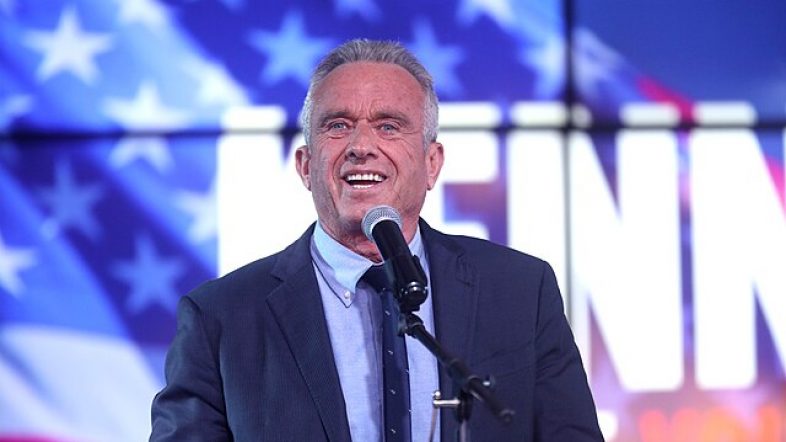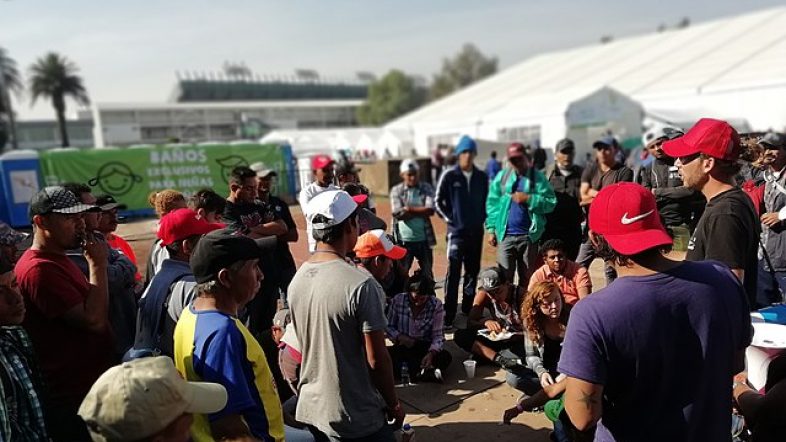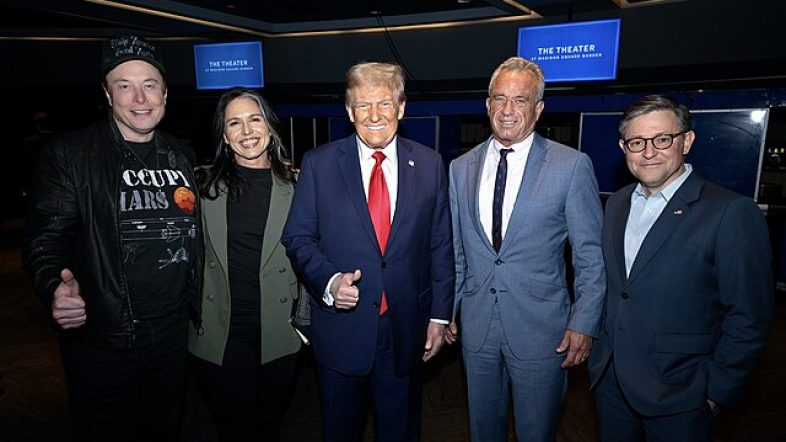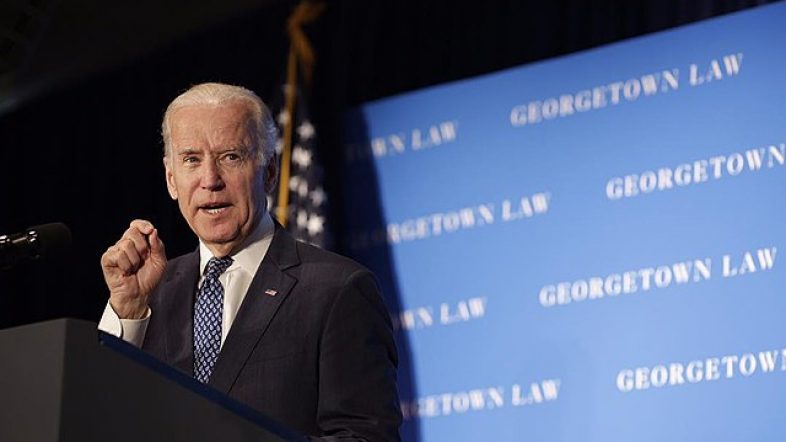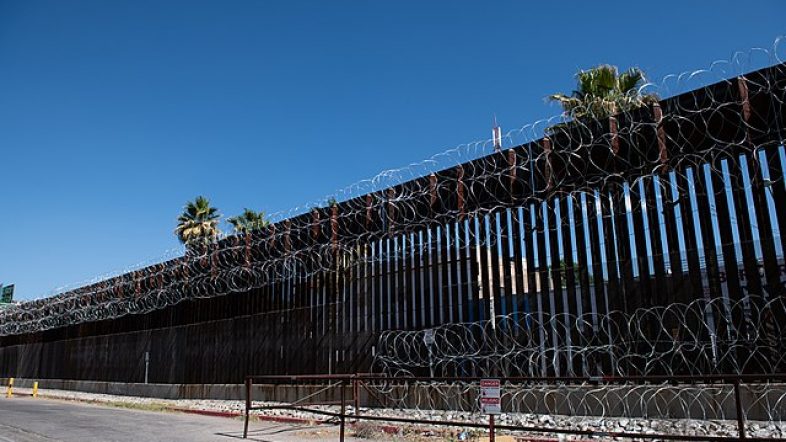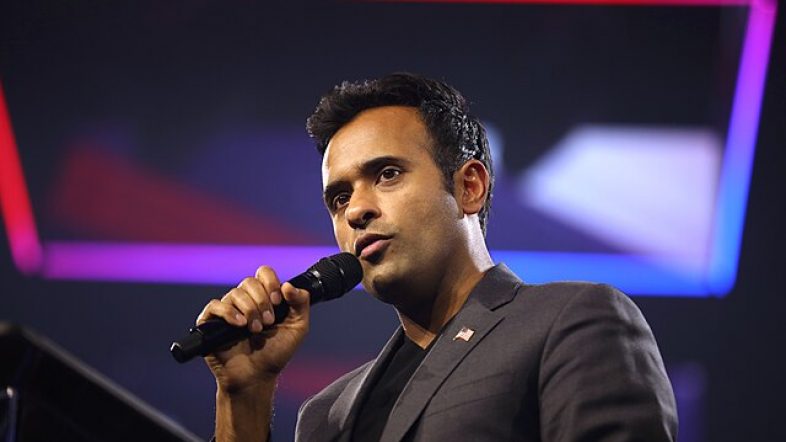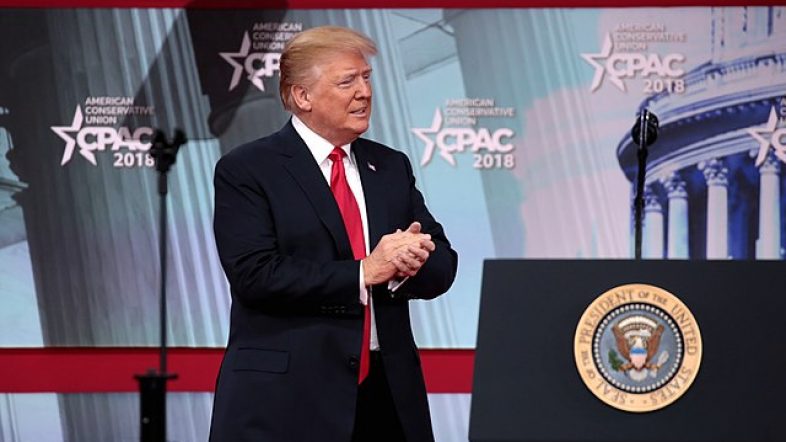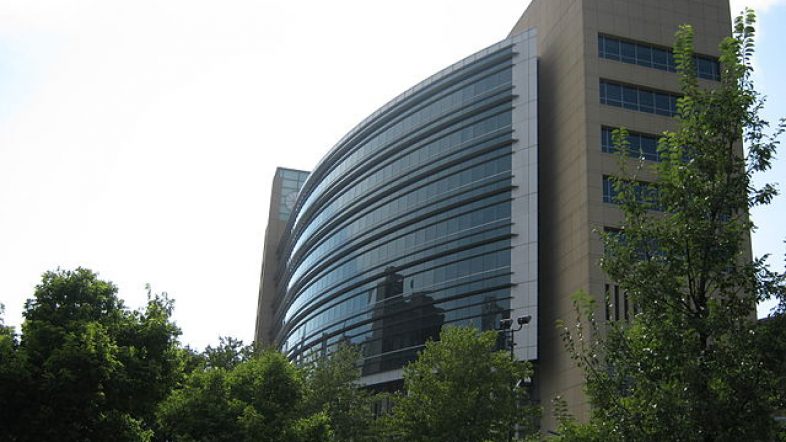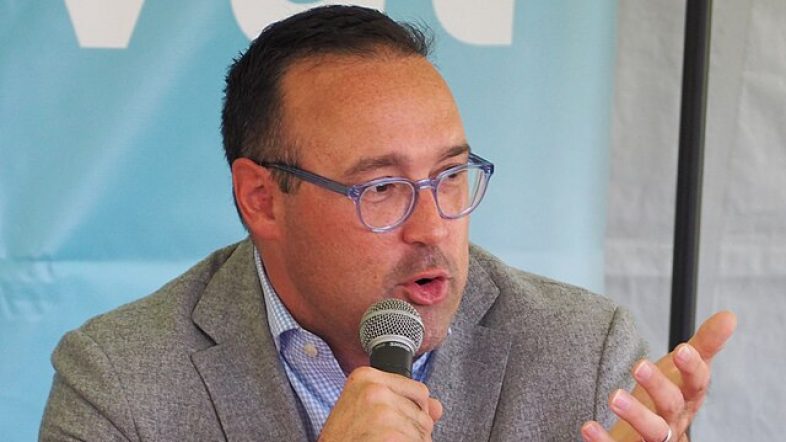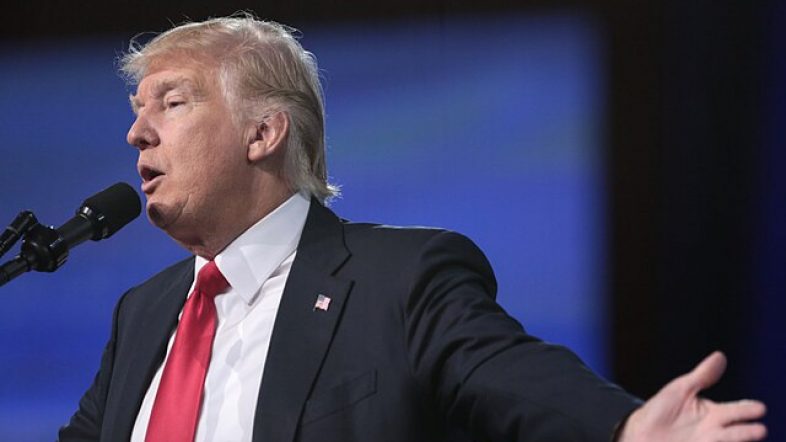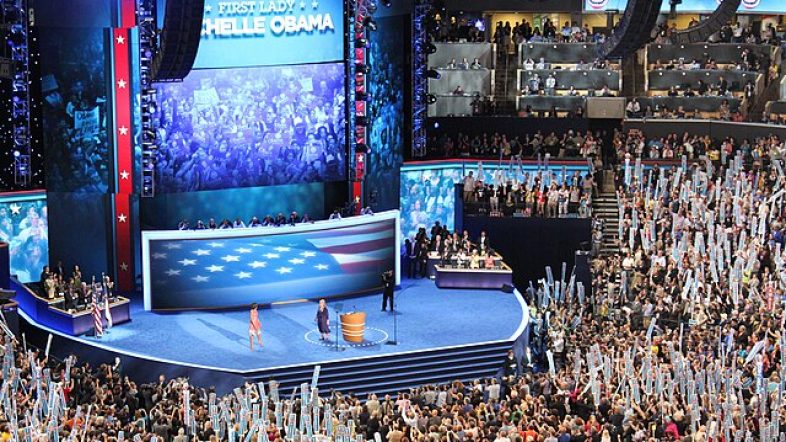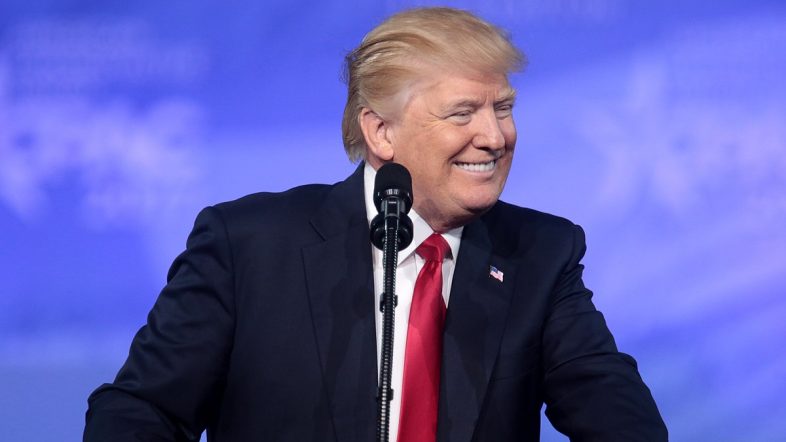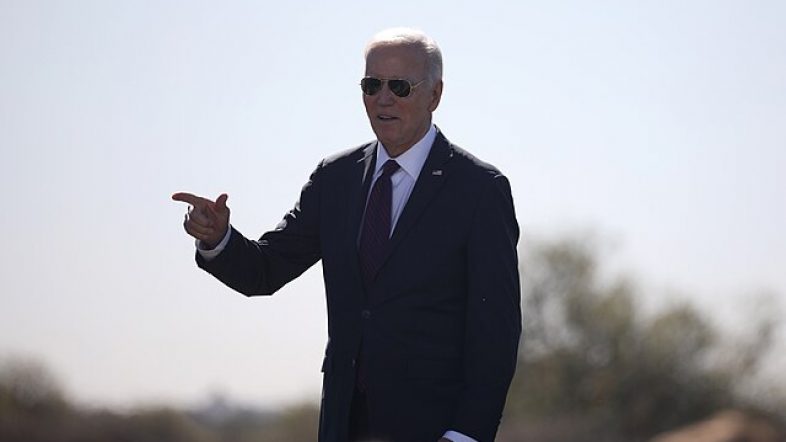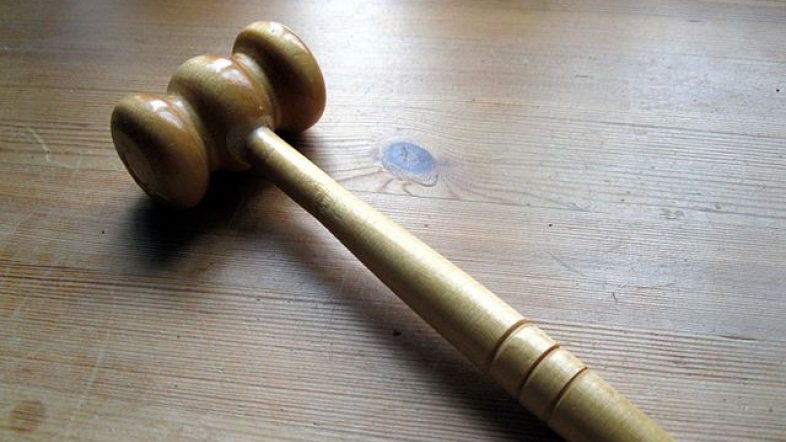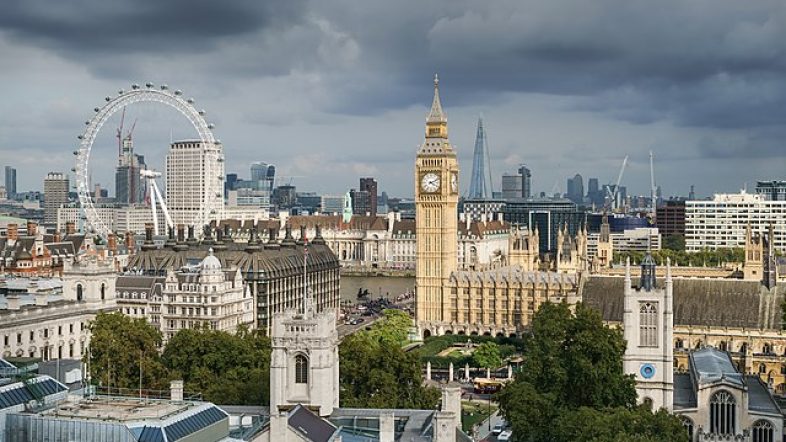NEW YORK— Prosecutors on Monday finally called former President Donald Trump’s previous lawyer Michael Cohen to testify, a star witness who has been widely criticized for his history of lying under oath.
Cohen, whose credibility has come under intense scrutiny due to his multiple admissions of lying under oath and public attacks on Trump, largely gave the answers prosecutors were seeking. He testified that Trump both directed him to make the payment for a nondisclosure agreement with porn star Stormy Daniels and agreed with the reimbursement plan beneath the falsifying business record charges at the heart of Manhattan District Attorney Alvin Bragg’s case.
The plan reimbursed Cohen for the $130,000 payment to Daniels and another fee he paid for tech services — doubling both amounts to account for taxes — and offered him an additional $60,000 bonus to make up for it being cut the prior year and distributing the money over 12 months in transactions described as payments for legal services pursuant of a retainer agreement.
Last week, former Trump Organization controller Jeffrey McConney testified that Trump Organization CFO Allen Weisselberg instructed him to repay Cohen in this manner. The jury saw his handwritten notes outlining the plan, along with the invoices, ledger entries and checks associated with its completion, which together form the 34-felony counts in Trump’s indictment.
McConney, however, could not testify to Trump’s direct involvement: on cross-examination, he affirmed that he had “very few” conversations with Trump at all and none about this payment specifically.
Cohen testified that he and Weisselberg met with Trump in his office just before his inauguration in January 2017. It was during that meeting that Trump approved of the payments, Cohen said, affirming that Weisselberg stated in front of Trump that Cohen would receive a total of $420,000 over 12 months.
Cohen said that the funds were “designed to be” payment for future legal services. “What was it actually?” prosecutor Susan Hoffinger asked. “Reimbursement of my money,” Cohen said.
Cohen later noted that though he was given the title of personal attorney to the president, he did not expect there to be compensation. Rather, he would monetize the position through consulting agreements with other companies.
Cohen also affirmed that Trump told him to “take care” of the Stormy Daniels situation. He said that he would not have paid for the nondisclosure agreement, which he did by taking money out of his home equity line of credit rather than bank account to prevent his wife from noticing, without an understanding that he would be repaid.
Prosecutors displayed phone records on various key dates showing Cohen and Trump had spoken, and Cohen filled in the details regarding the content of the conversations.
Cohen also stated, as did National Enquirer publisher David Pecker during his testimony, that Trump’s concerns were about the 2016 campaign rather than his family. Other witnesses, like former White House communications director Hope Hicks, have testified that Trump was concerned about his family.
Prior witnesses have been unable to directly establish Trump’s involvement in the charges at the core of the case. But it remains to be seen whether the jury will buy Cohen’s claims and how he will hold up under cross-examination.
Cohen pleaded guilty to lying to Congress in 2017 over statements he made about efforts to build a Trump Tower in Moscow to the U.S. Senate Select Committee on Intelligence. A federal judge also suggested in March that he committed perjury while testifying at Trump’s civil fraud trial.
While testifying at that trial, Cohen said he was not guilty of tax evasion, stating he had lied under oath to a federal judge when he pleaded guilty to it in 2018.
The judge instructed prosecutors on Friday to tell Cohen to stop talking publicly about Trump and the case. Trump’s defense attorneys have pointed out that both Daniels and Cohen routinely attack the former president on social media, though Trump is under a gag order that prohibits him from speaking about witnesses, preventing him from responding.



